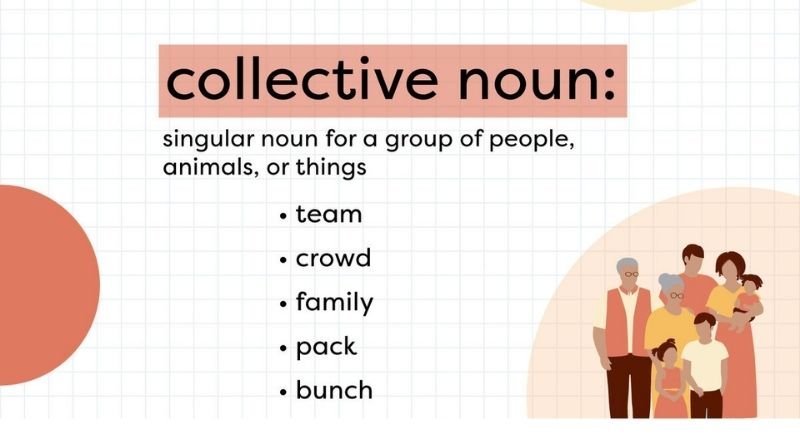Effective Waste Management Strategies for Modern Businesses
Table of Contents
- Importance of Effective Waste Management
- Implementing Recycling Programs
- Benefits of Composting
- Choosing the Right Waste Disposal Partner
- Reducing Paper Waste
- Using Eco-Friendly Packaging
- Staff Training and Awareness
- Measuring and Reviewing Waste Management Efforts
Importance of Effective Waste Management
Effective waste management is crucial for businesses in today’s environmentally conscious world. Proper waste management practices help preserve the environment, improve efficiency, reduce costs, and enhance brand image. Technologies like sludge dewatering equipment rental offer practical solutions for managing specific types of waste. These practices also help businesses comply with environmental regulations and align with global sustainability goals, attracting environmentally conscious consumers and investors.
Implementing Recycling Programs
Implementing comprehensive recycling programs can significantly reduce landfill waste, conserve natural resources, and reduce greenhouse gas emissions. Businesses can explore recycling systems for paper, plastics, electronics, and metals. Successful recycling initiatives often bring economic benefits like reduced disposal costs and potential revenue. To ensure success, businesses should conduct a waste audit, provide labeled bins, and educate employees on recycling. Regular monitoring and feedback can further improve recycling and achieve sustainable improvements.
Benefits of Composting
Composting organic waste, such as food waste and yard clippings, is a sustainable waste management strategy for businesses. It reduces waste and creates valuable compost for soil enrichment. This practice supports community sustainability and fosters strong community ties. Companies can set up composting systems based on their scale and operations. Employee education on composting and involvement is crucial for success. Regularly managing the compost pile yields high-quality compost for landscaping and gardening projects, contributing to a greener environment.
Choosing the Right Waste Disposal Partner
The right waste disposal partner is crucial for a successful waste management strategy. Businesses should seek providers offering comprehensive services like recycling, composting, and hazardous waste disposal. A good partner should have a strong track record in sustainable waste management and compliance with regulations. Evaluating potential partners involves considering their services, expertise, technology, equipment, and customer service quality. Regular communication and review meetings can help maintain a successful partnership and adapt to changing regulations.
Reducing Paper Waste
The digital age presents numerous opportunities for businesses to reduce paper waste. Implementing digital documentation and cloud storage and promoting a paperless office environment can save trees, reduce costs, and improve efficiency. Simple measures like double-sided printing, recycled paper, and secure shred programs can also help. Electronic invoicing, digital signatures, and online forms can further minimize paper usage. Employee training and awareness campaigns can foster a sustainable culture.
Using Eco-Friendly Packaging
Businesses can reduce their environmental impact by adopting eco-friendly packaging options, such as biodegradable, recyclable, and reusable materials. It aligns with ecological goals and appeals to eco-conscious consumers. Businesses should evaluate their packaging materials, partner with suppliers, prioritize sustainability, and invest in innovative solutions. Incentivizing consumers to recycle and reuse packaging can further reduce waste and promote a circular economy.
Staff Training and Awareness
Employee involvement is crucial for waste management initiatives. Regular training and awareness programs help staff understand the importance of waste management and contribute to it. Implementing simple practices like waste sorting and minimizing resource consumption can significantly impact the environment. Creating ‘green teams’ and offering incentives for sustainable practices fosters a culture of environmental responsibility. Education through workshops, seminars, and informational materials informs employees about best practices. Recognizing and rewarding employees motivates the workforce.
Measuring and Reviewing Waste Management Efforts
Regularly measuring and reviewing waste management efforts is crucial for businesses to identify areas for improvement and adjust their strategies. Tools like waste audits and sustainability reports offer valuable insights into the effectiveness of waste management programs. Regular assessments help set realistic goals and identify new opportunities for waste reduction and resource optimization. Using metrics like waste diversion rates, recycling efficiency, and cost savings, businesses can stay ahead of industry trends and adopt effective waste management practices.











